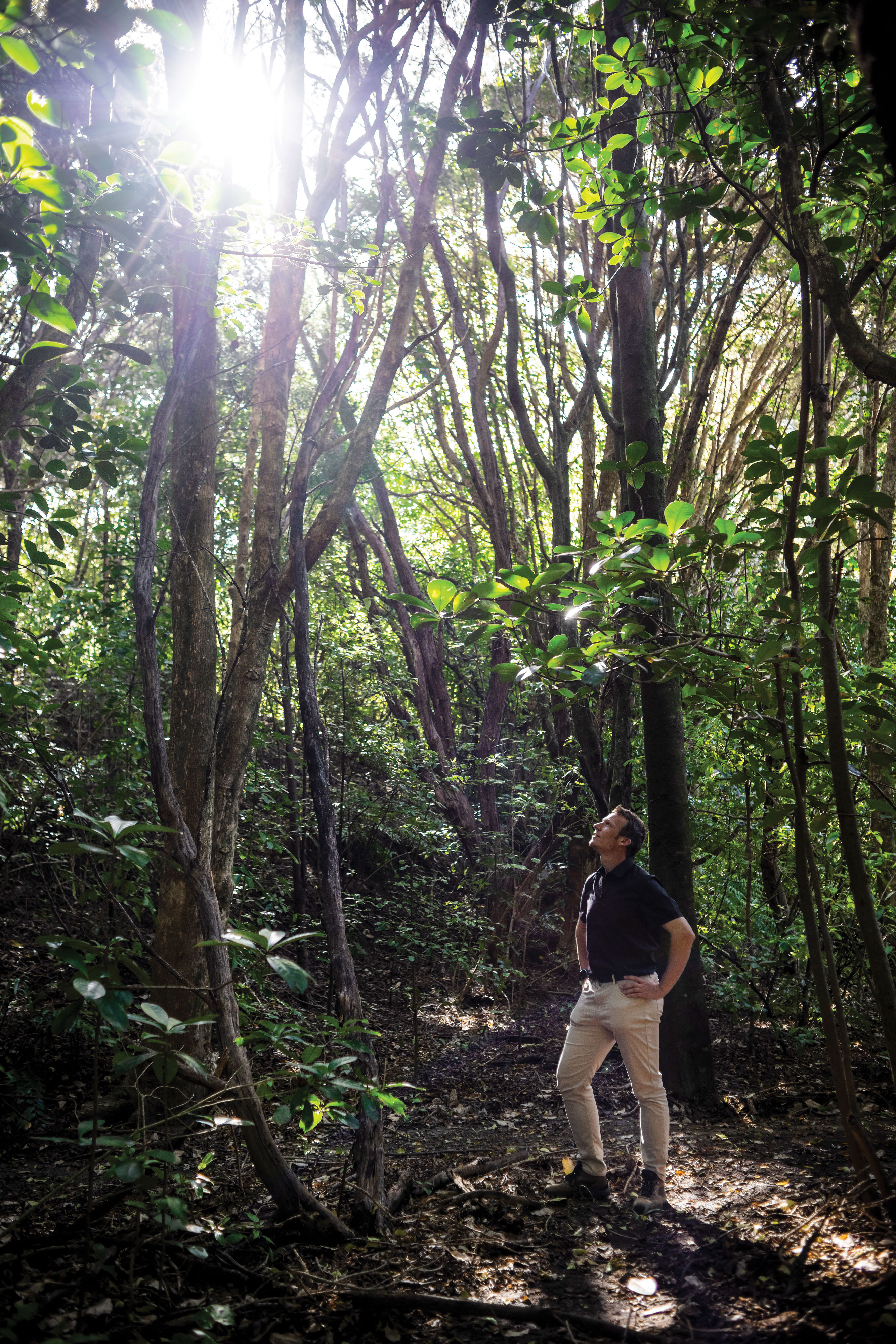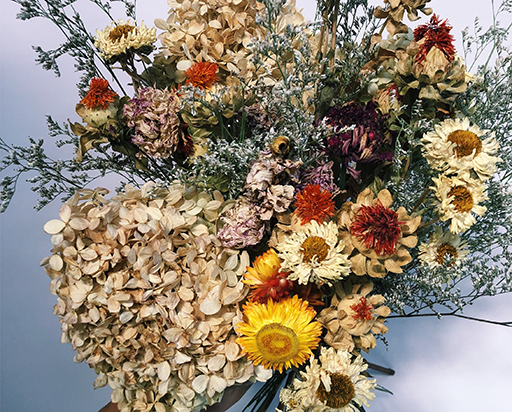Discover Auckland's Native Flora: A Journey from Bush to Brew
Auckland, New Zealand, is a vibrant city nestled amidst stunning natural landscapes. Beyond its urban bustle lies a treasure trove of native plants, many of which possess remarkable medicinal and culinary properties. Increasingly, Aucklanders are rediscovering this natural heritage through foraging and herbal tea blending workshops. These workshops offer a unique opportunity to connect with the environment, learn about traditional Māori uses of plants (Rongoā Māori), and create personalized herbal tea blends.
These workshops are not just about learning; they're about experiencing. Participants often begin with a guided walk through local parks or reserves, identifying and ethically harvesting edible and medicinal plants. Experts guide participants, ensuring sustainable practices and accurate identification to avoid any harm. The experience culminates in a hands-on session where participants learn to dry, blend, and brew their foraged treasures into delicious and healthful teas.

What to Expect in a Foraging and Herbal Tea Workshop
A typical workshop blends practical skills with theoretical knowledge. Here's a glimpse into what you might experience:
- Guided Foraging Walk: A knowledgeable guide leads you through a local natural area, pointing out native plants and explaining their uses. You'll learn how to identify plants safely and sustainably.
- Plant Identification: Detailed instruction on recognizing key characteristics of edible and medicinal plants, as well as identifying any poisonous look-alikes.
- Sustainable Harvesting Techniques: Emphasis on responsible foraging practices to ensure the long-term health of the plant populations and the ecosystem.
- Herbal Tea Blending Basics: An introduction to the principles of blending different herbs for flavor, aroma, and therapeutic benefits.
- Hands-on Blending Session: Participants get to create their own unique tea blends using the foraged plants and other complementary herbs.
- Brewing and Tasting: Learn the proper techniques for brewing herbal teas to extract the maximum flavor and benefits. Enjoy a tasting session to sample different blends.
Many workshops also incorporate elements of Māori culture, sharing traditional knowledge about the uses of native plants in Rongoā Māori, the traditional Māori healing system. This adds a deeper layer of cultural understanding and respect for the natural environment.

Popular Native Plants for Tea Blending in Auckland
Auckland's unique climate and geography support a diverse range of native plants suitable for herbal teas. Here are a few popular choices:
- Mānuka (Leptospermum scoparium): Known for its antibacterial properties and distinctive flavor, Mānuka leaves can be used to make a refreshing and immune-boosting tea.
- Kawakawa (Piper excelsum): A traditional Māori medicinal plant, Kawakawa has a slightly peppery flavor and is believed to have anti-inflammatory and pain-relieving properties.
- Horopito (Pseudowintera colorata): Also known as the New Zealand pepper tree, Horopito has a spicy, pungent flavor and is traditionally used for its antifungal and antibacterial properties.
- Karamu (Coprosma robusta): The leaves can be used to make a tea that is high in antioxidants.
- Pōhutukawa (Metrosideros excelsa): While primarily known for its stunning red flowers, the young leaves of the Pōhutukawa can also be used to make a mild, slightly astringent tea.
Important Note: Always consult with a knowledgeable guide or herbalist before consuming any wild plants, as some may be poisonous or have adverse effects. Proper identification is crucial.

Where to Find Foraging and Herbal Tea Workshops in Auckland
Several organizations and individuals offer foraging and herbal tea blending workshops in and around Auckland. Here are a few options to explore:
- Local Community Gardens: Many community gardens host workshops on foraging and herbalism. Check with your local garden for upcoming events.
- Auckland Council: The Auckland Council often runs free or low-cost workshops on environmental topics, including native plant identification and sustainable practices.
- Private Herbalists and Foragers: Search online for local herbalists and foragers who offer specialized workshops. Look for those with experience in Rongoā Māori for a culturally enriching experience.
- Online Platforms: Websites like Eventbrite and Meetup often list foraging and herbal tea workshops in the Auckland area.
When choosing a workshop, consider the experience level of the instructors, the location of the foraging site, and the focus of the workshop (e.g., general foraging, medicinal herbs, Rongoā Māori).
Benefits of Participating in These Workshops
Engaging in foraging and herbal tea blending workshops offers a multitude of benefits, both for individuals and the environment:
- Enhanced Connection with Nature: Spending time outdoors, learning about plants, and harvesting your own ingredients fosters a deeper appreciation for the natural world.
- Increased Knowledge of Native Plants: You'll gain valuable knowledge about the identification, uses, and ecological importance of Auckland's native flora.
- Improved Health and Well-being: Herbal teas can offer a range of health benefits, from boosting immunity to reducing stress. The act of foraging itself is a form of exercise and mindfulness.
- Sustainable Living Practices: Learning about sustainable harvesting techniques promotes responsible stewardship of the environment.
- Cultural Enrichment: Workshops that incorporate Rongoā Māori provide insights into traditional Māori knowledge and practices.
- Community Building: Workshops offer a chance to connect with like-minded individuals who share a passion for nature and herbalism.
By participating in these workshops, you're not only learning a new skill but also contributing to the preservation of Auckland's natural heritage and promoting a more sustainable way of life.

Ethical Foraging: A Guide to Sustainable Practices
Foraging can be a rewarding experience, but it's crucial to practice ethical and sustainable harvesting to protect plant populations and the environment. Here are some guidelines to follow:
| Principle | Description |
| Identify with Certainty | Never harvest a plant unless you are 100% sure of its identification. Use reliable field guides and consult with experts if needed. |
| Harvest Sparingly | Take only what you need and leave plenty for the plant to regenerate and for wildlife to use. A good rule of thumb is to harvest no more than 10% of a plant population. |
| Harvest Sustainably | Avoid harvesting from rare or endangered plants. Choose common and abundant species instead. |
| Respect Private Property | Obtain permission before foraging on private land. |
| Avoid Contaminated Areas | Do not harvest plants from areas that may be polluted or treated with pesticides. |
| Leave No Trace | Pack out everything you pack in and minimize your impact on the environment. |
| Spread Awareness | Educate others about ethical foraging practices and the importance of plant conservation. |
By following these guidelines, you can ensure that foraging remains a sustainable and enjoyable activity for generations to come. Remember, responsible foraging is about respecting the land and its resources.
Embark on your own 'Bush to Brew' adventure in Auckland and discover the wonders of native plant foraging and herbal tea blending. It's an experience that will nourish your body, mind, and soul.

So, come explore the magic of Auckland's native flora and unlock your inner herbalist – your taste buds (and well-being) will thank you! Who said Auckland is boring? 😊
-JAFA
Comments
Post a Comment